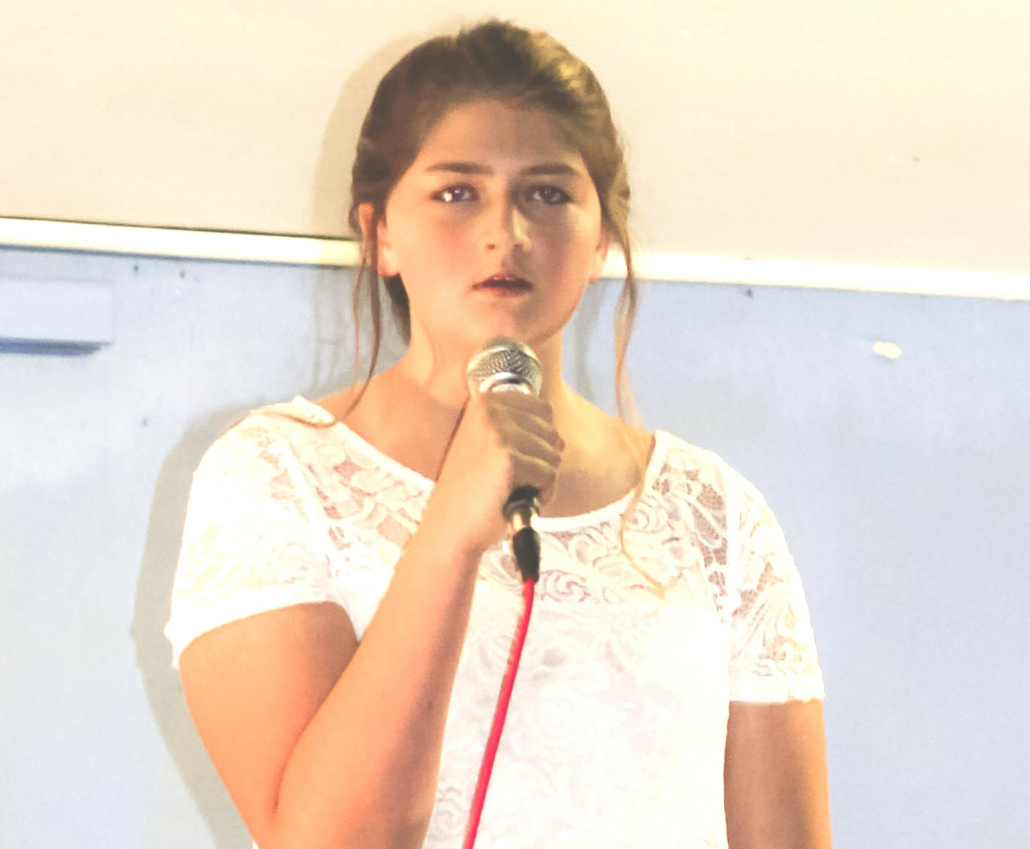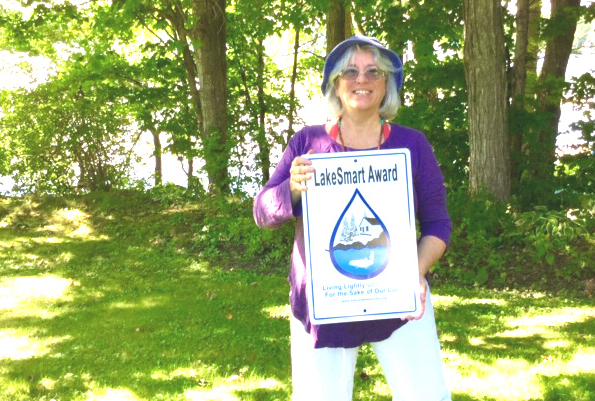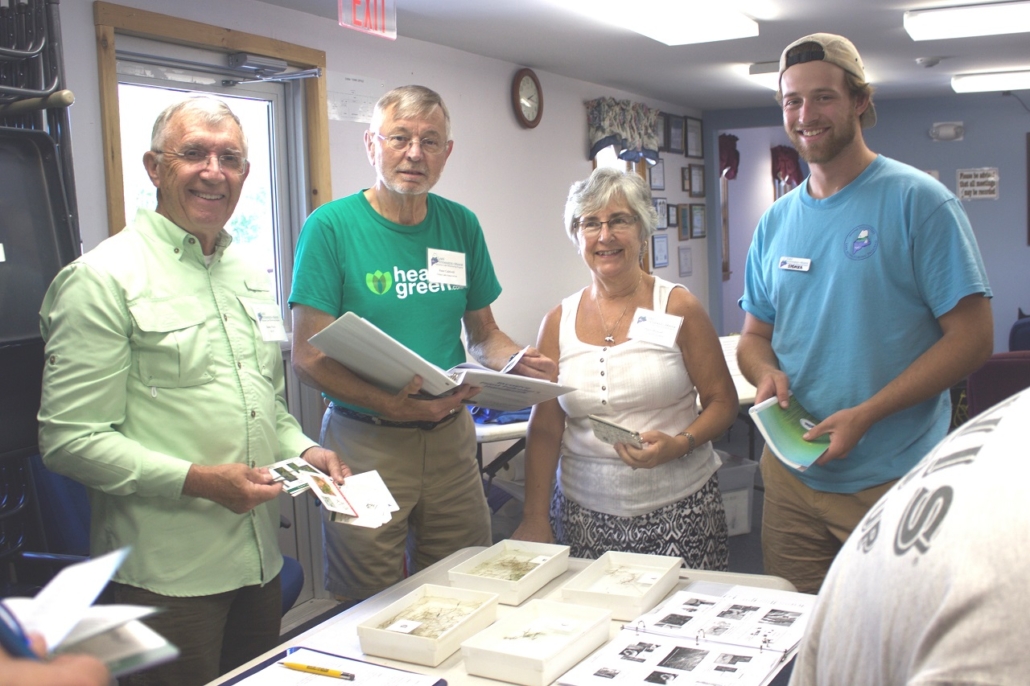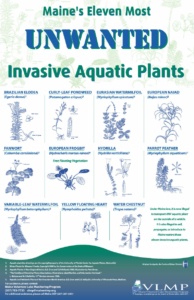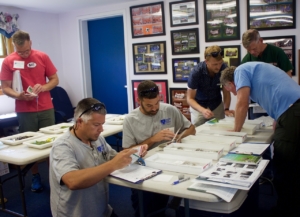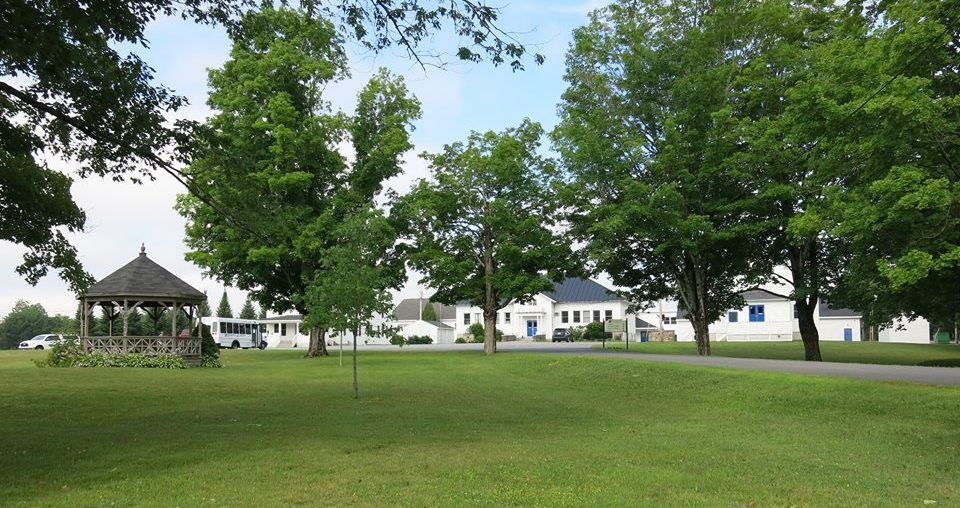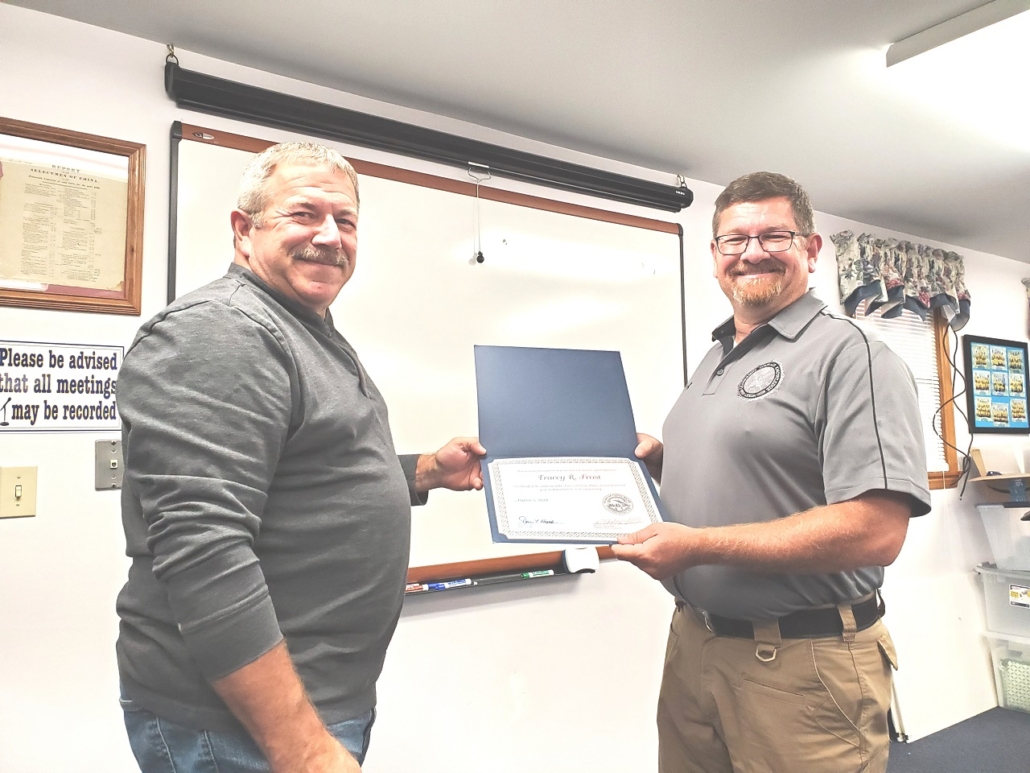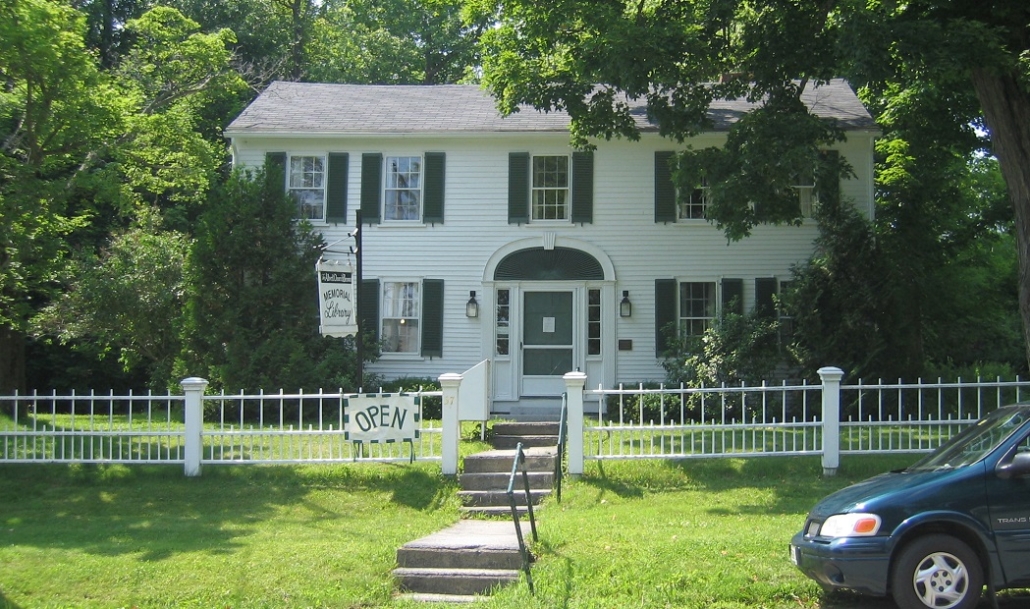At their Aug. 19 meeting, China selectmen approved an eight-question ballot to present to voters on Nov. 5. They also voted non-unanimously to buy the excavator for the public works department that they have discussed since June.
On Nov. 5, China voters will be asked to elect a moderator for the day (Art. 1); choose members of the Board of Selectmen, Planning Board and Budget Committee and a representative to the Regional School Unit #18 board (Art. 2); approve or reject five questions related to operation of medical marijuana facilities in town (Arts. 3-7); and decide whether they want to continue current town office hours, including 8 to 11 a.m. Saturdays, or move three hours to Thursday, so the office would be closed Saturdays and open until 7 p.m. Thursdays (Art. 8).
Signed nomination papers for the local offices are due at the town office by the close of business Friday, Sept. 6.
The medical marijuana questions, which Town Manager Dennis Heath said were drafted with advice from the Maine Municipal Association, ask voters to act separately on retail facilities, registered dispensaries, testing facilities and manufacturing facilities. Each, if approved, would need to meet state requirements.
Art. 7 asks voters to approve a 1,000-foot separation between any property with a medical marijuana facility and any property with a pre-existing school.
Voter approval of any or all of articles three through six would meet the state “opt in” requirement and allow the planning board to review applications, using state standards until planning board members had time to develop a local ordinance and voters approved it.
Action on the Nov. 5 questions would have no effect on China’s current ordinance banning recreational marijuana clubs and related non-medical activities, Heath said.
The planning board is scheduled to hear a revised application from Clifford Glinko, a Fairfield resident who wants to open a medical marijuana facility on Route 3 in South China, at the Aug. 27 planning board meeting.
The question about town office hours was proposed by Robert MacFarland, chairman of the selectboard, after board members received complaints about their July 8 decision to eliminate Saturday hours beginning Nov. 1.
The July 8 decision revised hours to keep the office open until 5:30 Tuesdays and Thursdays; Heath later changed the plan to continue closing at 4 p.m. except 7 p.m. Thursdays. Action was based on a survey asking residents why they used Saturday hours. Heath said the goal of considering closing on Saturdays was “to improve efficiency.”
Selectmen Jeffrey LaVerdiere and Donna Mills-Stevens said the survey confused people, who did not realize their answers might lead to ending Saturday hours. Ronald Breton thinks there were too few responses to be significant.
“We’re here to serve the public,” LaVerdiere said. He and Mills-Stevens agreed Saturdays are usually busy enough so they have to wait for service.
Board members voted unanimously to add to the Nov. 5 ballot an eighth question asking voters whether they want to continue Saturday morning town office hours or to have the office open until 7 p.m. Thursdays.
A public hearing on the local ballot questions will be held before the Nov. 5 vote.
The decision to buy an excavator for the town followed Mills-Stevens’ negotiation of an $8,250 price reduction from the already-lowered price Public Works Manager Shawn Reed had reached and yet another long discussion. The price approved on a 4-1 vote, with LaVerdiere opposed, is $164,600, including a trailer, a three-year extended warranty and on-site training as needed for a year.
The Aug. 19 discussion focused on pay-back time, which involved trying to calculate how much owning an excavator will save over leasing one as needed. Selectmen and audience members argued over estimated past costs versus estimated future costs of operation, maintenance, insurance and other factors.
Board and audience members talked about using the excavator for more than road work, rather than letting it sit idle. Suggestions included possible uses at the transfer station and for work in Thurston Park, the town-owned recreational area in northeastern China.
Belanger and Breton pointed out the value of having an excavator available for emergencies. LaVerdiere remained unconvinced the investment was in taxpayers’ interest.
Money will be taken from three capital reserve funds, including $16,000 from the transfer station reserve in anticipation of the excavator being useful there.
The next regular China selectmen’s meeting will be Tuesday evening, Sept. 3, to avoid the Monday Labor Day holiday. Before then, selectmen are scheduled to hold a special meeting Wednesday evening, Aug. 28, to set the 2019-2020 tax rate, Heath said.
The calendar on the town website lists a budget committee meeting Thursday evening, Aug. 29.
Over the holiday weekend, the town office and transfer station will be closed Saturday, Aug. 31, and the town office will be closed Monday, Sept. 2.
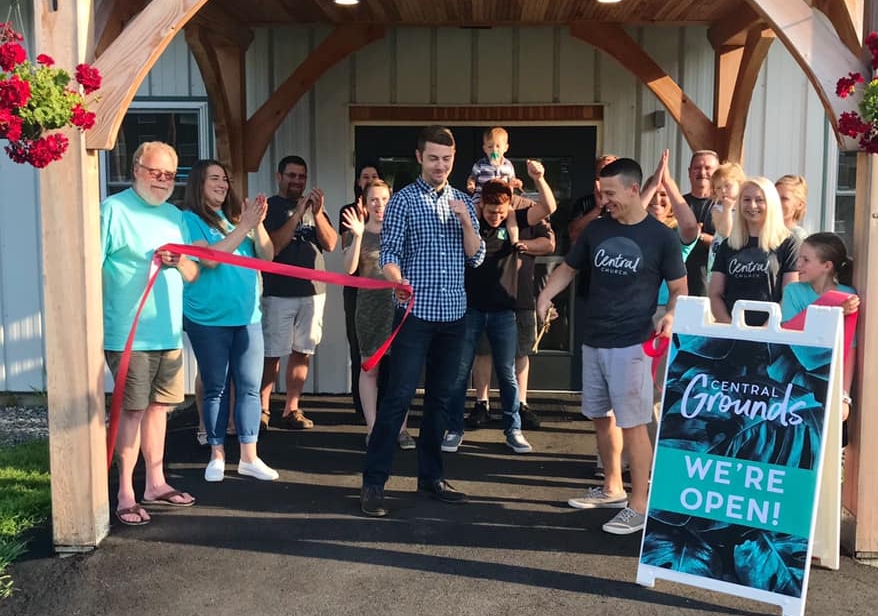 Central Church, a multi-site church in Central Maine, is excited to announce the opening of Central Grounds. A grand opening celebration was held on July 30, at their China Campus (627 Route 3).
Central Church, a multi-site church in Central Maine, is excited to announce the opening of Central Grounds. A grand opening celebration was held on July 30, at their China Campus (627 Route 3).


